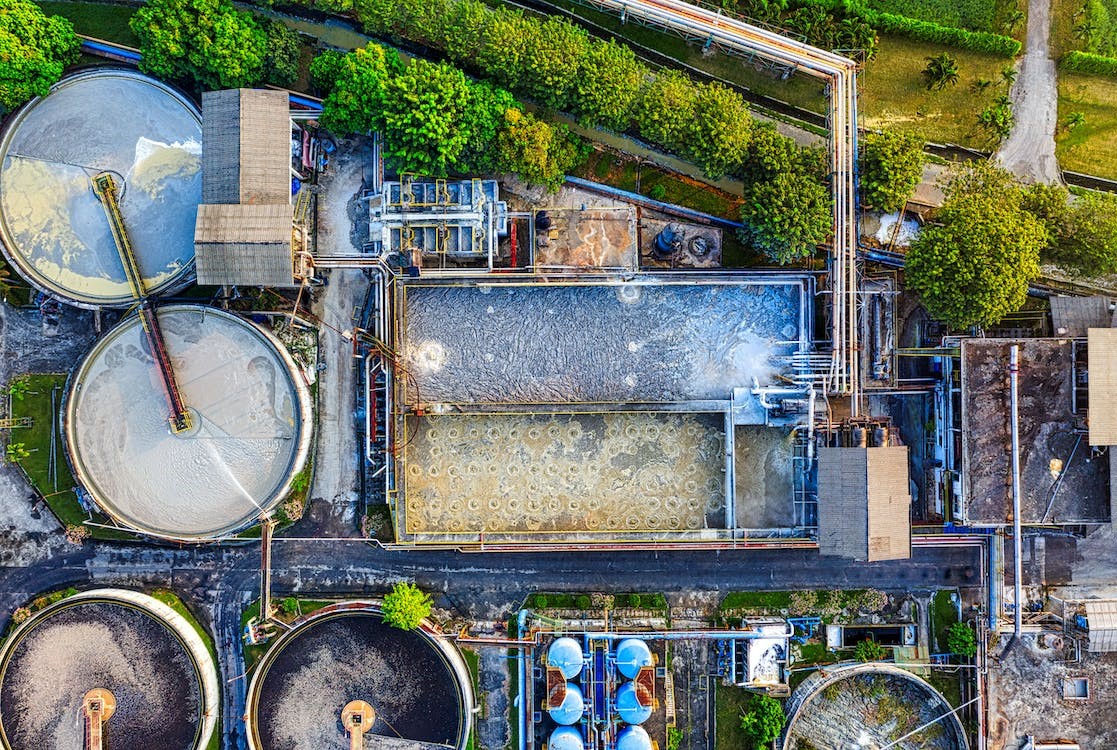All about liquid waste removal
by siteadmin

Liquid waste is a byproduct of many industries. It cannot go in the general waste stream and is subject to strict regulations on how it must be disposed of. Small infractions could result in hefty fines.
It is crucial to keep your liquid waste away from well water sources. It can contaminate groundwater and pollute the environment.
Environmental regulations
Liquid waste is not like regular garbage and there are a number of strict environmental procedures that must be followed when disposing of liquid waste. This type of waste is dangerous and has the potential to cause serious harm if released into the environment untreated. Therefore, it is important to choose a company with extensive experience in liquid waste removal and management. The best way to do this is by finding a local company that specializes in hazardous and non-hazardous bulk liquid waste services. These companies can provide waste assessments, audits, and reports that ensure the correct disposal of your liquid waste.
In order to dispose of liquid waste, you must have approval from your local council. This approval will enable you to collect, remove, and dispose of the contents of septic tanks or other liquid waste containers. You will also need to have a license to transport septic waste (controlled waste carrier). In addition, you must submit quarterly reports to your council that contain accurate information about your conduct and compliance with the requirements of the approval.
The Household Hazardous Waste (HHW) Program has nine metropolitan and six regional permanent facilities where residents can drop off unwanted household chemicals for free. These chemicals can be toxic, flammable, explosive or corrosive, and must be stored in a secure, leak-proof container. These chemicals must not be disposed of in landfill, as they pose a danger to the environment.
A disused liquid waste disposal site near Perth, Australia, is contaminating soil and groundwater. The contaminated plume has spread to residential areas where water is used for garden irrigation. The contamination plume consists of sewage sludge and other liquid wastes. The contaminated groundwater is containing high concentrations of iron, ammonia, and bacteria, which are above national drinking water guidelines. The department is investigating whether the contaminated groundwater can affect public health in these areas.
Several monitoring wells have been established at the disposal site to monitor the status of the soil and groundwater. In addition, a high-precision digital elevation model was created for the disposal site and surrounding area. Results from the monitoring wells indicate that significant accumulations of sewage sludge have formed in the first infiltration basin.
Specialized waste requirements
Liquid waste is a very specific type of waste that must be handled differently from regular trash. It is subject to strict environmental procedures and must be disposed of in an environmentally conscious manner. These procedures must be followed by both the producer and disposer. This type of waste is often contaminated with a variety of substances, including toxic chemicals and heavy metals. As a result, it must be stored in a secure facility and disposed of at a designated site.
Choosing the right disposal method depends on several factors, including the nature of the liquid waste and its source. The location of the disposal site will also influence your choice, as some methods require a certain soil type to work. If you have limited land space, you may want to consider an option that bypasses landfill disposal. You should also check the availability of water to prevent contamination with groundwater.
Some types of liquid waste can be recycled or reused. For example, e-waste recycling services collect discarded electronic devices and extract the valuable components. They then reuse the materials to create new products, reducing the impact on the environment and saving resources.
There are a few different ways to dispose of liquid waste, including landfill disposal, incineration, and composting. In addition, some forms of liquid waste can be reused to help with irrigation and agriculture. However, it is important to make sure that the waste you generate is properly labelled and stored to avoid contamination with toxins.
Another important consideration is the amount of waste that you generate. This will influence your bin size and the frequency of collection. Many council areas offer a range of rubbish bin sizes from small 240-litre wheelie bins to 4.5m front lift bins. However, you may need to use a commercial service if you have large amounts of waste.
The best way to dispose of liquid waste is to invest in a waste management system that complies with local regulations. This will ensure that the waste is not disposed of illegally or in a way that could damage the environment.
Safety
A reliable liquid waste removal service will take safety seriously. This is because liquid waste can be extremely dangerous and harmful to the environment if it is not handled properly. It can also cause serious harm to the people who work or live nearby. Liquid waste is different from other types of waste because it cannot be placed in the general waste stream. It requires special handling and disposal methods. It also needs to be kept away from surface water sources and well water supplies.
Many liquid waste streams can be recycled or turned into new materials and commodities. These streams include wastewater, septic tank waste, grease trap waste, coolants and drum waste. This means that there are plenty of options for recycling and resource recovery, as well as reducing the amount of waste that ends up in landfills. This is good news for the environment, and for your business, as it means that you can keep your costs down while protecting the environment.
However, you must be aware that if you are not careful, the environmental protection measures that you put in place could end up costing your business a lot of money. This is because proper liquid waste disposal is heavily regulated, and tiny infractions can incur hefty fines. You should always make sure that you use a reputable liquid waste removal company, and have a clear understanding of the regulations in place for your particular industry.
Another important consideration is the location of your disposal site. If you are disposing of a hazardous liquid waste, then it must be stored away from groundwater sources to prevent contamination. This can affect the quality of drinking water and make locals ill, as well as contaminate the environment. It is also necessary to find out whether locals use well water, and if so, you must ensure that the disposal site is far enough away from it.
A reputable liquid waste removal service will have systems in place to track the movement of your waste, so you can be confident that you are complying with environmental rules and regulations. They will also be able to help you create standard operating procedures that will ensure that all liquid waste is transported and disposed of correctly.
https://www.septictankarmadale.com.au/
Liquid waste is a byproduct of many industries. It cannot go in the general waste stream and is subject to strict regulations on how it must be disposed of. Small infractions could result in hefty fines. It is crucial to keep your liquid waste away from well water sources. It can contaminate groundwater and pollute…
Recent Posts
- Louisville Gutter Company: Your One-Stop Solution for Gutter Replacement, Guards, Repair, and Cleaning in Louisville, KY
- Wapiti Pacific Contractors: Your Premier Pole Barn and Barndominium Experts in Gresham
- Wapiti Pacific Contractors: Your Premier Pole Barn and Barndominium Experts in Gresham
- Fox Run Animal Hospital: Pioneering Veterinary Care with Compassion and Excellence
- Lexington Roofing Company: Redefining Roofing Excellence in Lexington, KY
